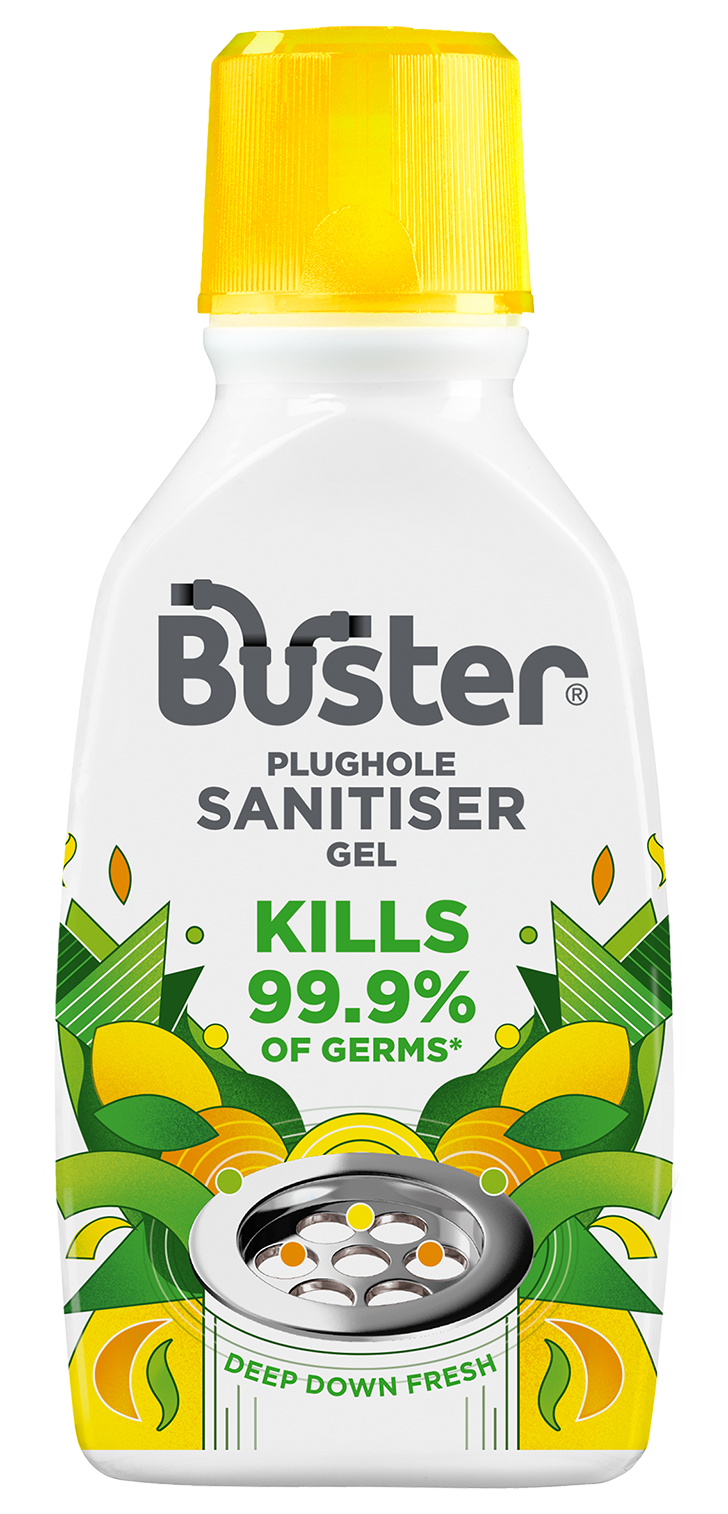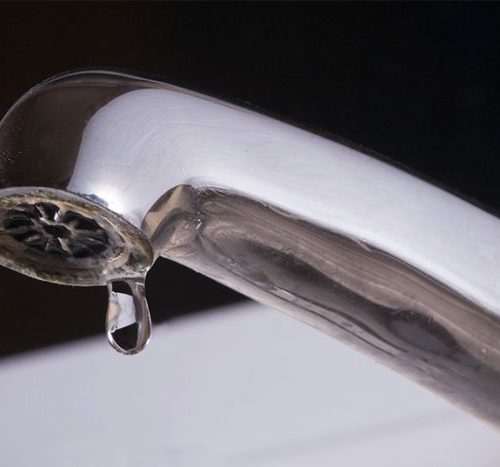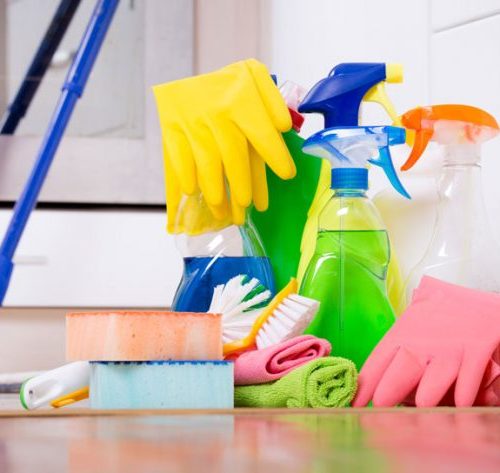While there is a growing awareness of the problems caused by putting fat, oil and grease down the plughole, there is still a lot of work to do to get people to stop.
Disposing of these waste products in this way can result in a blocked sink as they congeal in your pipes. But they can also cause huge problems further down the line where they build up in sewers and pollute waterways.
The extent of the problem has been seen in recent years with reports of sewer pipes being blocked and damaged by massive fatbergs, which cost local authorities millions of pounds to clear. But what is a fatberg?
A fatberg is the term for a giant lump of congealed fat that is held together with other items that people should not be flushing down the sewer, such as wet wipes, cotton buds and sanitary products.

The phenomenon has come to prominence in the UK in recent years with reports of massive fatbergs the size of buses in London’s sewers. Fatbergs block sewers, reduce the flow and then cause the sewers to over flow during heavy rains.
Not only is clearing fatbergs costly – it is estimated water companies spend almost £80million each year to tackle the issue – spare a thought for the people who have to undertake the task, using high-power water jets and industrial vacuum suckers.
Problems with fatbergs have also been reported in Cambridge, Cardiff and across the world in New York, Australia and Canada. It would seem bad habits are international.
Do your bit…
You can help do your bit by dealing with waste fat, oil and grease in the correct manner. After a meal pour fat and oil leftovers into an old margarine tub after they have cooled and then dispose of them in a bin later. It is also a good idea to scrape grease off of plates before they are washed to keep this problem down to a minimum.












